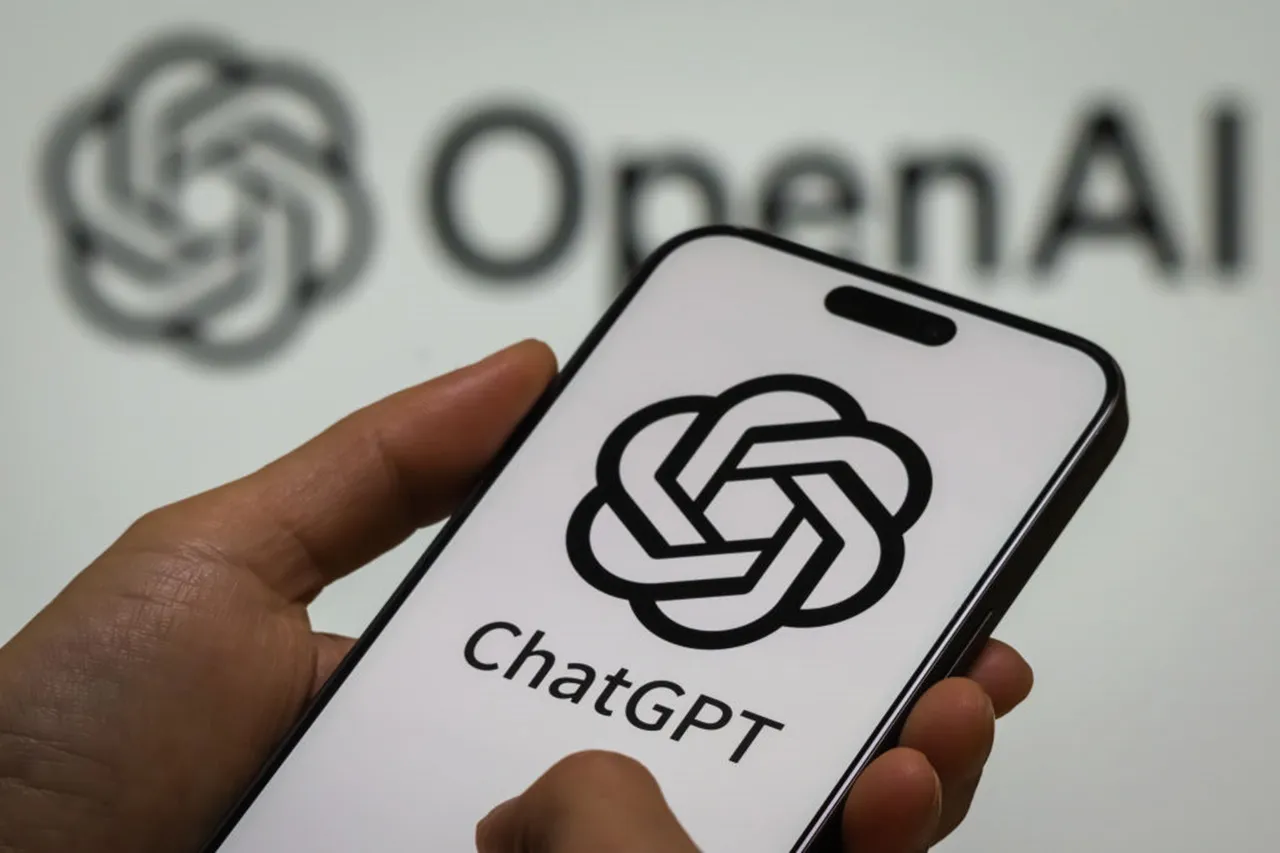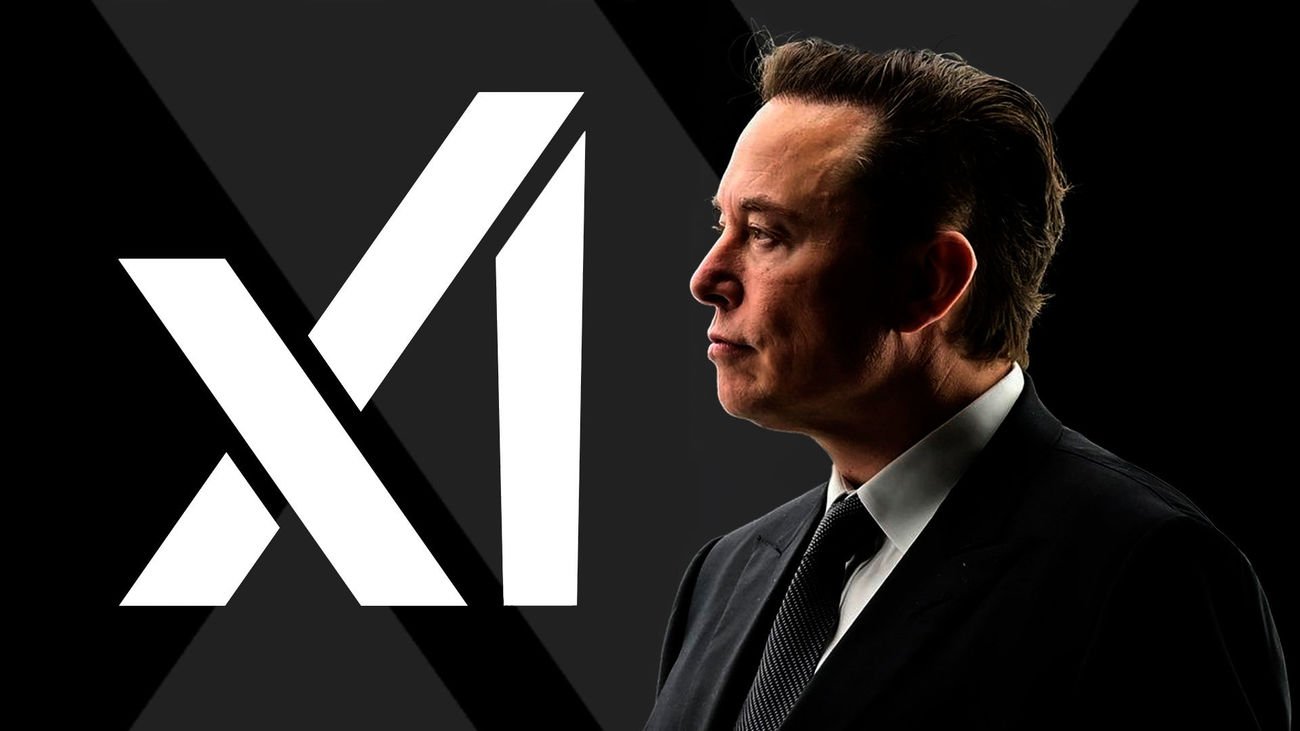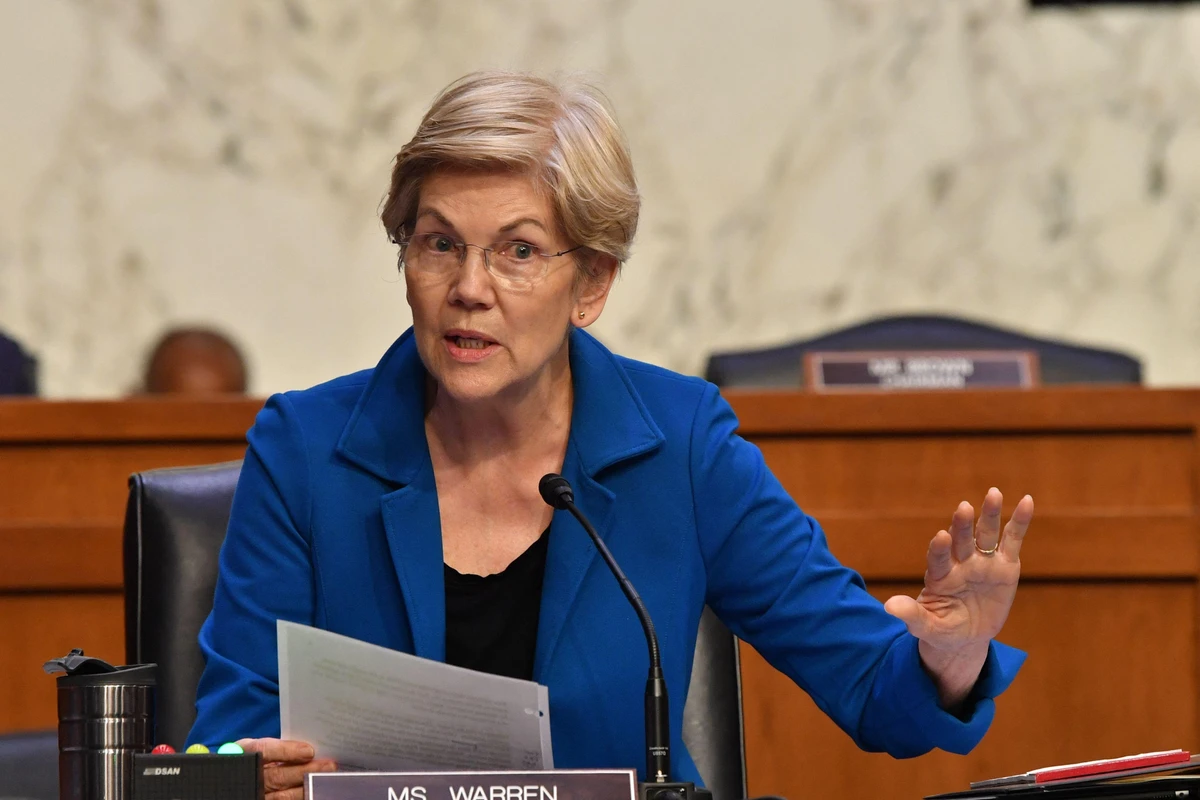After completing its latest round of fundraising, which was five times oversubscribed, OpenAI hit a $300 billion valuation. As reported by The New York Times’ DealBook, ChatGPT’s maker received $8.3 billion in funding ahead of schedule. OpenAI plans to secure $40 billion in funding this year, with SoftBank having already pledged $30 billion.
The largest investor was Dragoneer Investment Group, which offered $2.8 billion. DealBook referred to it as an “astonishing check” from a single venture fund that “may be one of the largest ever written.”
According to a report, Dragoneer’s check represented approximately 10% of their total funds. Founded by former San Francisco Commissioner Marc Stad, Dragoneer has backed several companies, including Airbnb, Spotify, and DoorDash.
New investors joining the round included private equity giants Blackstone and TPG, as well as mutual fund company T. Rowe Price. Other participants included several other renowned venture capital firms such as Founders Fund, Sequoia Capital, and Andreessen Horowitz.
The ARR (Annual Recurring Revenue) for OpenAI has increased by 30% in one month, which has drastically improved its valuation. The company has also increased its valuation to $13 billion from $10 billion in June. In light of this information, ARR is projected to exceed $20 billion by the end of the calendar year.
According to DealBook, the number of business subscribers to ChatGPT has increased to 5 million, a 67% rise from 3 million just a few months ago. Business subscribers are known to purchase higher-tier subscriptions intended for enterprise-level usage.
In a report by Similarweb, as of May, ChatGPT still maintains its position as the most widely used AI chatbot, with 80% of all traffic to generative AI tools.
This funding comes as OpenAI and Microsoft are having sensitive disagreements about their partnership moving forward. Microsoft has invested $13 billion into OpenAI and was one of its earliest backers, but the startup seems to have been outgrowing this relationship.
OpenAI has been looking to widen the distribution of its AI models and increase access to the computing resources needed for a growing demand. Currently, Microsoft primarily provides OpenAI’s AI models through its Azure platform.
This arrangement used to be exclusive for the processing of OpenAI’s workloads, but this ended in January. In June, OpenAI turned to Google Cloud, Microsoft’s cloud rival, to increase processing for AI workloads.
Exporting American values through AI is the US approach, while the latter emphasizes World Cooperation through China’s AI policies. China is taking an open-source approach, while the US is focusing on its dominance through AI.
As derived from Trump’s “America’s AI action plan,” the US strategy focuses on international leadership, which includes restrictive policies on AI component exports. This constitutes national security.
China collaborates with other countries to try to achieve safe and equitable AI through the “Action Plan on Global Governance AI.” Their plan includes the construction of open resource communities and even assisting developing nations to create a more equitable digital landscape.
Microsoft invested one billion dollars into OpenAI. This includes developing and applying programs like ChatGPT. Other US airlines followed Delta’s lead. Delta is piloting its program on a limited basis.


















